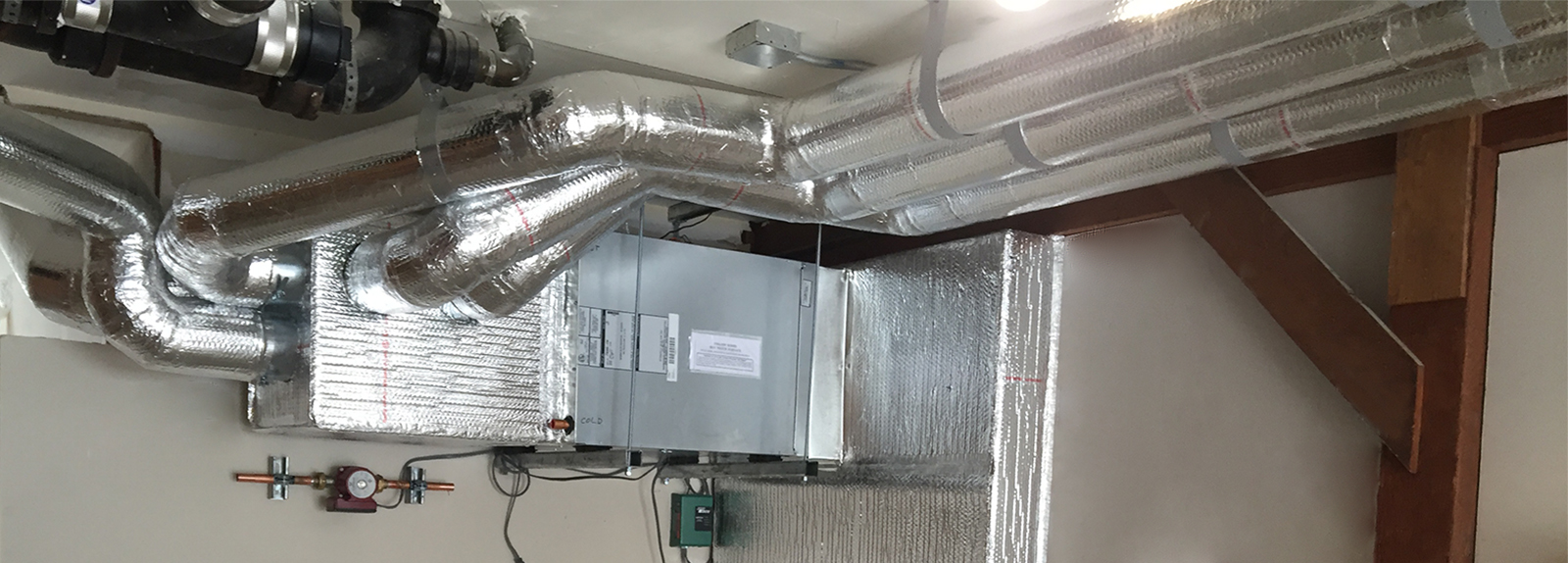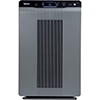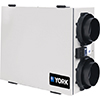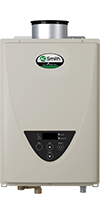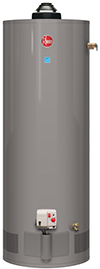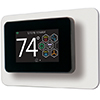When thinking about energy efficiency, one of the most important decisions to be made regarding a new home is the type of heating and cooling system to install. Equally critical to consider is the selection of the heating and cooling contractor. The operating efficiency of a system depends as much on proper installation as it does on the performance rating of the equipment. Improper design and improper installation of the HVAC system have negative impacts on personal comfort and on energy bills. Improper design and installation of a HVAC system can dramatically degrade the quality of air in a home. Poorly designed and poorly installed ducts can create dangerous conditions that may reduce comfort, degrade indoor air quality, or even threaten the health of the homeowners.
Key steps to create an efficient HVAC system include:
- Sizing the system for the specific heating and cooling load of the home.
- Proper selection and proper installation of controls.
- Correctly charging the unit with the proper amount of refrigerant.
- Sizing and designing the layout of the ductwork or piping for maximizing energy efficiency.
- Insulating and sealing all ductwork.
Two types of heating systems are most common: forced-air or radiant, with forced-air being used in the majority of the homes. The heat source is either a furnace, which burns a gas, or an electric heat pump. Furnaces are generally installed with central air conditioners. Heat pumps provide both heating and cooling. Some heating systems have an integrated water heating system.
Forced-air heating ventilation and air conditioning
Most new homes have forced-air heating and cooling systems. These systems use a central furnace plus an air conditioner, or a heat pump. Forced-air systems utilize a series of ducts to distribute the conditioned heated or cooled air throughout the home. A blower, located in a unit called an air handler, forces the conditioned air through the ducts. In many residential systems, the blower is integral with the furnace enclosure.
Zoned HVAC systems
Larger homes often use two or more separate heating and air conditioning units for different floors or areas. Multiple systems can maintain greater comfort throughout the house while saving energy by allowing different zones of the house to be at different temperatures. The greatest savings come when a unit serving an unoccupied zone can be turned off.
HVAC SERVICES WE PROVIDE:
- AC installation: ductless air conditioning systems, heat pumps, and single and multi-split systems.
- Applications: new/older construction homes, apartments, schools, nursing homes, hotels, office buildings, computer rooms, places of worship (just about any place).
- Custom HVAC installation: commercial and residential.
- Air conditioner and heat pump repair: troubleshooting diagnoses of all ductless and ducted ACs, and heat pumps.
- Improve heating and cooling efficiency: poorly preformed ACs and heat pumps.
- Repair: leaks, wiring controls, thermostats, fan coils.
- Replace: indoor and outdoor units, compressors, drain pumps, ductless and central ACs.
- Maintenance: routinely keep your system in a good working condition.
Heating
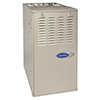
Gas Furnaces
Gas furnaces are one of the most popular, effective, and cost efficient ways to heat your home. If you have access to natural gas or propane gas, you can have a highly efficient and reasonable priced gas furnace installed at your house at an affordable cost.
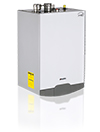
Boilers
A boiler is an enclosed vessel in which water is heated to produce steam. The steam or hot water is then circulated through a piping system for heating.
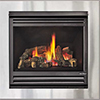
Gas Fireplaces
Gas fireplaces could reduce your heating bill. They provide a cleaner, more efficient heat. They burn natural gas instead of wood. Gas fireplace is the way to go if ease of use, low maintenance, and safety are your top priorities. To schedule gas fireplace installation, conversion, or repair, contact GB Heating & Cooling Inc. today.
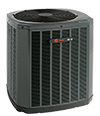
Heat Pumps
A heat pump is an all-in-one heating and air conditioning system that works year-round to keep you comfortable. By transferring heat rather than creating it, heat pumps deliver hot water 3-4 times more efficiently than conventional water heaters.
